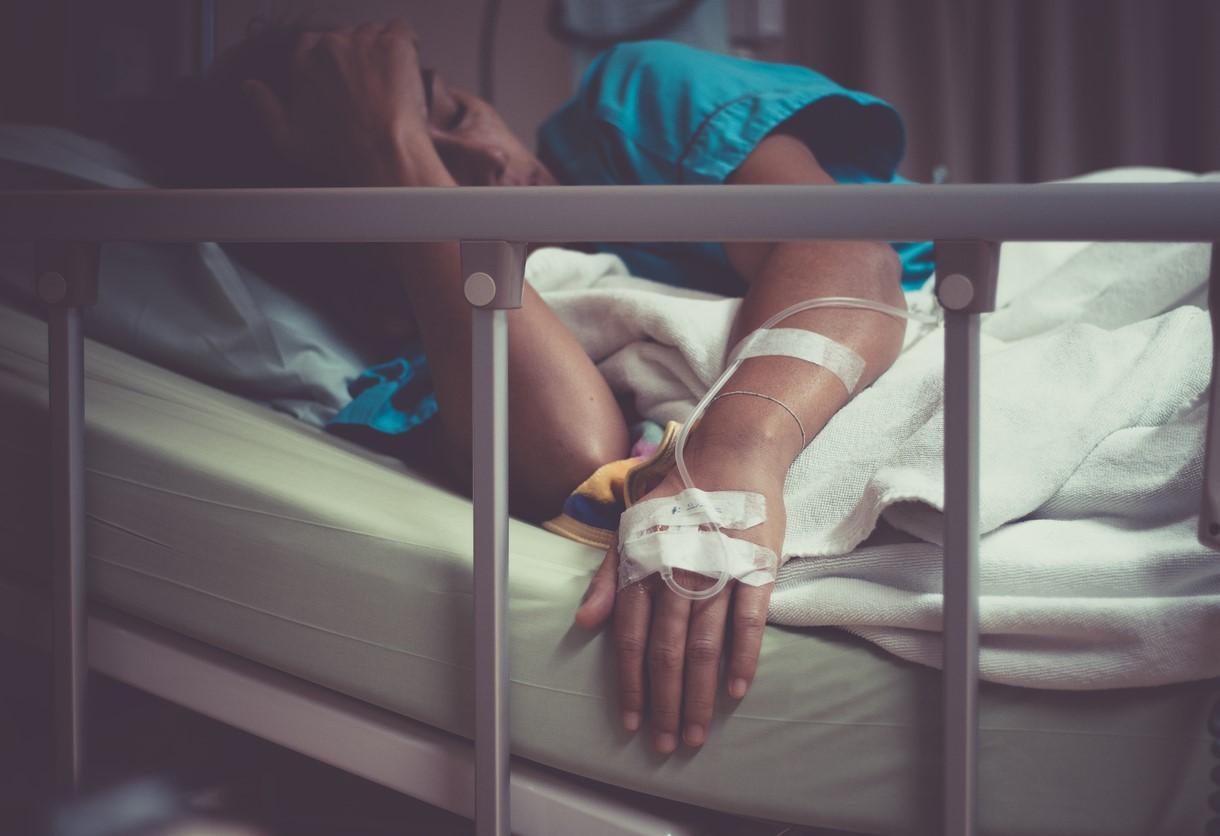As the pandemic total topped 51 million cases today, hospitalizations in the United States neared earlier peaks and the US Food and Drug Administration (FDA) granted an emergency use for Eli Lilly's antibody treatment.
At the global level, disease activity steepened in parts of Europe, and Denmark backtracked on a decision to order a large mink cull following the identification of mink variant SARS-CoV-2 viruses that jumped to humans.
Dramatic US increases
The United States' daily COVID-19 total easily topped 100,000 cases again yesterday, with 111,433 cases, plus 590 deaths, according to the Johns Hopkins online dashboard. The 7-day average of daily cases was 108,694 yesterday, reflecting a 37% increase from the week before, based on a CNBC analysis.
Hospitalizations have doubled since September, and 56,000 people across the nation are currently hospitalized, NPR reported. The CNBC analysis shows that 20 states recorded new highs in hospitalizations, while 5 recorded new daily highs for deaths.
The United States reported nearly 74,000 cases in children last week, sharply up from 61,000 the week before, according to the latest update from the American Academy of Pediatrics and Children's Hospital Association.
FDA grants EUA for neutralizing antibody
Eli Lilly yesterday announced that the FDA has granted emergency use authorization (EUA) for bamlanivimab, its neutralizing antibody treatment. The EUA is for treating mile-to-moderate COVID-19 in adults and children ages 12 and older who are at high risk for severe disease and hospitalization.
The company said the drug, given as a single-dose intravenous infusion, should be administered as soon as possible after a positive test and within 10 days of symptom onset.
Last month, Lilly ended a trial in hospitalized patients after investigators saw no benefit. However, earlier trials suggested the potential benefits for bamlanivimab earlier in the disease course. The company has signed an agreement with the US government to supply 300,000 vials of the drug, pending the EUA.
Today, Department of Health and Human Services Secretary Alex Azar said the government will ensure equitable distribution of the drug, starting with hospitals and virus hot spots, Reuters reported.
In other countermeasure developments, public health and medical experts say the United States needs to start developing a communications strategy for deploying COVID-19 vaccines, once they're approved, USA Today reported. Aside from encouraging people to be immunized, messages should warn that the vaccine is not 100% effective and that people will probably need two doses.
Meanwhile, COVID-19 diagnostic tests are still underused in the United States, and inconsistencies in data collection and reporting systems are hampering efforts to understand the virus and contain its spread, health and testing executives told the Wall Street Journal.
In other US developments:
- President-elect Joe Biden's plan to battle the virus will hinge on embracing science, promoting mask-wearing as a patriotic act, and pushing Congress to pass a massive stimulus package, Politico reported, based on interviews with campaign officials.
- Secretary of Housing and Urban Development Secretary Ben Carson tested positive for COVID-19 yesterday, the Washington Post reported. Carson attended a White House election night party that has been linked to other cases.
- The US total climbed to 10,209,870, with 239,306 deaths, according to the Johns Hopkins online tracker.
International developments
In Europe, one of the world's main hot spots, Italy declared five more areas as "orange zones," bringing the total to seven, CNN reported. The designation triggers tighter restrictions—including the closure of bars, restaurants, and nonessential shops—that begin tomorrow and last 2 weeks. Four regions were designated "red zones" last week, including Lombardy, which was hit hard during Italy's first wave.
Russia today reported more than 20,000 cases, and Moscow, the country's main hot spot, ordered the overnight closure of bars and restaurants to help slow the spread of the virus, Reuters reported.
At the resumed World Health Assembly, continued virtually from May, the group is expected to adopt a resolution to strengthen preparedness for health emergencies. In a statement, the World Health Organization (WHO) said the resolution renews commitment for better preparedness through full compliance with the International Health Regulations and urges countries to dedicate investments and spending on emergency health preparedness, improve government decision making, and enhance institutional and public health infrastructure.
In other global COVID-19 developments:
- Denmark is backtracking on a plan for a mass mink cull, because the government doesn't have enough authority to follow through, Prime Minister Mette Frederiksen said today, according to Reuters. The country's Parliament is not advancing a bill to permit the slaughter, which was ordered after mink SARS-CoV-2 variants were found in both minks and people.
- China said prosecutions for wildlife-related crimes are up 66% compared with the same time last year, partly due to enforcement of an animal trafficking ban put in place after SARS-CoV-2 emerged, Reuters reported. Chinese lawmakers issued a resolution to ban the sale and consumption of wild animals in February, but new legislation is expected to exclude fur and traditional medicine uses.
- Brazil suspended a clinical trial of China's COVID-19 vaccine developed by Sinovac due to an unspecified severe adverse event, according to Reuters.
- The global pandemic total today rose to 51,284,467 cases, and 1,268,954 people have died from their infections, according to the Johns Hopkins online dashboard.




















